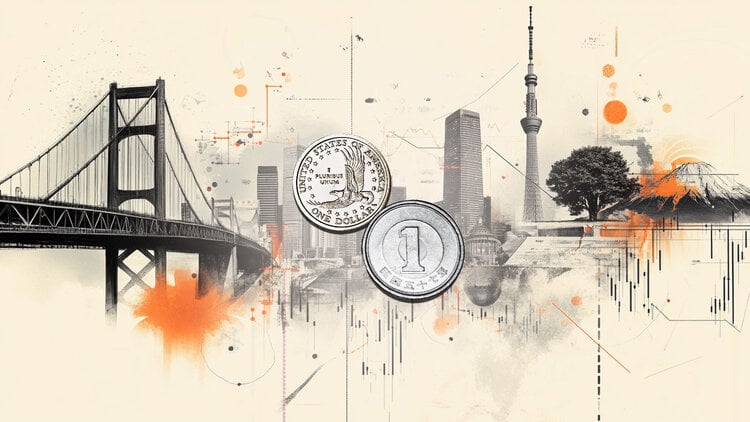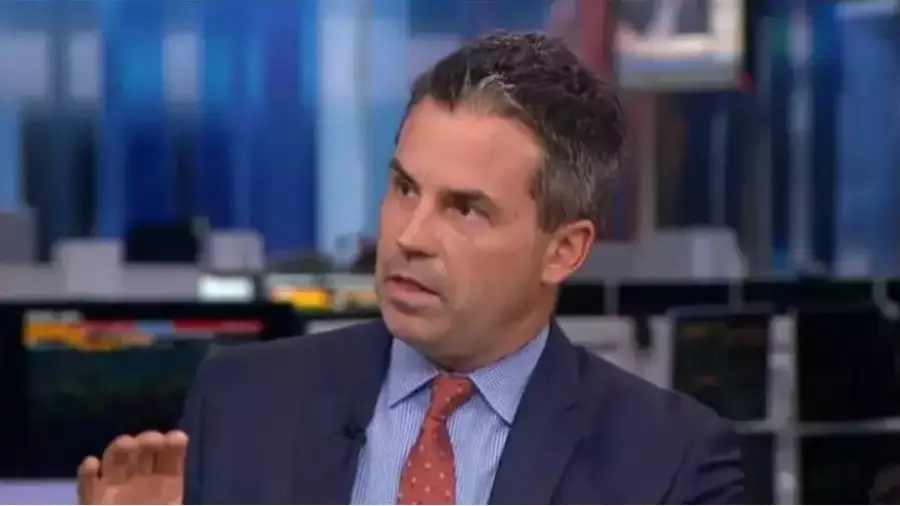New York City made the list of cities with the world’s worst air pollution after large columns of harmful smoke spread into the United States from more than 100 wildfires in the Canadian province of Quebec. Smoke from the Canadian wildfires periodically engulfed the Northeast and Mid-Atlantic for more than a week, raising concerns about damage from persistent poor air quality.
New York City’s air quality index peaked above 150 on Tuesday, according to IQair – a level of pollution that is “unhealthy” for sensitive groups like the elderly, young children and people. with breathing problems.
New York City was still among the top five cities with the worst air pollution in the world as of Tuesday afternoon, IQair reported, along with Dhaka (Bangladesh), Jakarta (Indonesia) and New Delhi (India). .
Wildfire smoke contains very small particles, or PM2.5 – the smallest pollutant, but also the most dangerous. When inhaled, it can penetrate deep into the lung tissue and enter the bloodstream. It comes from sources such as fossil fuel combustion, dust storms, and wildfires, and has been linked to a number of health problems, including asthma, heart disease, and other respiratory ailments.
Millions of people die each year from health problems related to air pollution. In 2016, an estimated 4.2 million premature deaths were associated with fine particulate matter, according to the World Health Organization. As of Tuesday, the concentration of PM2.5 in New York City’s air was more than 10 times the guideline set by the WHO.
wildfires in canada
There are more than 150 wildfires active in Quebec this week, according to the Canadian Interagency Forest Fire Center – more than twice the number of fires in any other Canadian province. More than 400 wildfires have broken out in Quebec so far in 2023, double the average for this time of year. Nearly 9 million acres have been charred by wildfires in Canada so far this year, with nearly half a million acres burned in Quebec alone.
Air quality warnings were in effect across parts of the Northeast and Midwest on Tuesday, as smoke from the wildfire spread westward into Detroit and Chicago. “Climate conditions are such that widespread ozone and/or particulate levels should be above or above the unhealthy category for sensitive air quality index groups,” said the National Weather Service in Chicago. “Children and active adults, especially people with lung or respiratory illnesses such as asthma, should limit prolonged outdoor activity.”
Detroit was listed in IQair’s top 10 worst places for air pollution on Tuesday afternoon. Chicago’s air quality was moderate on Tuesday afternoon and is expected to remain moderate for the next few days.
Meanwhile, Pittsburgh’s air quality was at unhealthy levels, with forecasts showing a slight shift to an unhealthy level for sensitive groups, before returning to moderate levels on Wednesday. The city is on air quality alert throughout Tuesday.

Parts of New York and New England will also remain under an air quality warning on Tuesday, including most of New York state and all of Massachusetts, Connecticut, Rhode Island and Vermont.
Cities like Baltimore, Boston, Hartford, Providence and Montpelier, this one in Vermont, are predicted to have unhealthy air quality for sensitive groups on Tuesday. A cold front is expected to move south in the coming days, pushing the smoke south and east throughout the week.
Human-caused climate change has exacerbated the hot, dry conditions that allow wildfires to start and grow. Scientists recently reported that millions of acres burned by wildfires across the western US and Canada — an area roughly the size of South Carolina — can be traced back to carbon pollution from the world’s largest fossil fuel and cement companies, scientists reported at Tuesday.
And when they burn, the smoke can travel thousands of kilometers downstream, putting millions of people in danger. “Forest fires are a global warming problem,” he previously told CNN Glory Dolphin Hammes, CEO of IQAir North America. “It has a lot to do with climate change, which is creating essentially unsafe conditions.”
(Robert Shackelford, Jennifer Gray and Monica Garrett contributed to this story)
Source: CNN Brasil
Bruce Belcher is a seasoned author with over 5 years of experience in world news. He writes for online news websites and provides in-depth analysis on the world stock market. Bruce is known for his insightful perspectives and commitment to keeping the public informed.


.jpg)




